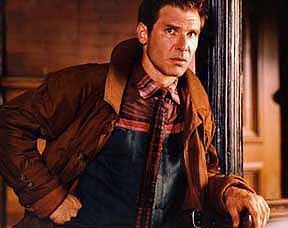Remember when I did this? Well yeah, I'm sort of out of ideas now and I might as well just do it again. The possibilities are endless because the random button is so much fun!
10. Hematospermia - Oh, fucking gross. Blood-filled semen gets its own Wikipedia entry? And it has a picture uploaded? A picture that isn't Metallica's Load album cover?
9. Denver, West Virginia - Who knew that there was a Denver in West Virginia? I wonder if there is anything fun to do there. Hahahaha, of course not. There is nothing fun to do anywhere in West Virginia.
8. Bobby Kinnear - OOOH! Greg Kinnear's father? Nope. An Aboriginal sprinter who won the Stawell Gift in 1883. What's a "Stawell gift," you ask! I don't care. Look it up yourself if it's so important. Do I have to do everything for you?
7. German Institute for Literature - I read a book here. It told me that goose-stepping morons like yourself should try reading books instead of burning them.
6. American Society of Association Executives - Too boring to even read. This honestly just sounds like the name of a front for a swingers organization so that rich, white-collar, Caucasian businessmen can make it sound like they're going to some important association meeting when instead their copulating with their co-workers wives. This doesn't actually deserve to be #6, but the random re-interpretation of the article that I just made up in my head makes it jump up some spots because, as noted in the mission statement of Ed Ranks Everything, this website is meaningless, irrational and arbitrary.
5. Yahya Atan - A Malaysian field hockey player who played in the 1984 Summer Olympics in Los Angeles. Fun, right? Here is another fun fact for you - "Yahya" is the Arabic version of the name "John." You learned something. Go eat some cookies as a reward. And speaking of Johns...
4. John Molyneux (academic) - There are apparently so many famous John Molyneuxes out there that they need a disambiguation page. This one is a "British Trotskyist," whatever that means. Just watch out for ice axes when you visit Mexico, Yahya Moly.
3. Achrestogrammus - An extinct prehistoric fish. Sounds delicious. We need to invent time machines so that we can fry this thing. Unless maybe we already do invent time machines in the future and that's the reason they're extinct in the past.
2. Dresden Howard - An Ohio Statesman from the 19th century. I'd say boring, but then again he also aided in the Underground Railroad and helped slaves flee to find protection in the North. So not boring. You're awesome, Mr. Howard. RIP.
1. Sonny Red - American jazz alto saxophonist associated with the "hard bop" style. He unfortunately fell into obscurity late in his career. Not to be confused with the capo in NYC's Bonanno crime family with a very similar nickname. This one totally wins because being a jazz saxophonist is like a billion times better than all these other lame things the random button came up with this time.
10. Hematospermia - Oh, fucking gross. Blood-filled semen gets its own Wikipedia entry? And it has a picture uploaded? A picture that isn't Metallica's Load album cover?
9. Denver, West Virginia - Who knew that there was a Denver in West Virginia? I wonder if there is anything fun to do there. Hahahaha, of course not. There is nothing fun to do anywhere in West Virginia.
8. Bobby Kinnear - OOOH! Greg Kinnear's father? Nope. An Aboriginal sprinter who won the Stawell Gift in 1883. What's a "Stawell gift," you ask! I don't care. Look it up yourself if it's so important. Do I have to do everything for you?
.jpg/800px-2010_09_24_DLL_Leipzig_(DSC_5012).jpg) |
| The German Institute has a picture. Big deal. |
6. American Society of Association Executives - Too boring to even read. This honestly just sounds like the name of a front for a swingers organization so that rich, white-collar, Caucasian businessmen can make it sound like they're going to some important association meeting when instead their copulating with their co-workers wives. This doesn't actually deserve to be #6, but the random re-interpretation of the article that I just made up in my head makes it jump up some spots because, as noted in the mission statement of Ed Ranks Everything, this website is meaningless, irrational and arbitrary.
5. Yahya Atan - A Malaysian field hockey player who played in the 1984 Summer Olympics in Los Angeles. Fun, right? Here is another fun fact for you - "Yahya" is the Arabic version of the name "John." You learned something. Go eat some cookies as a reward. And speaking of Johns...
4. John Molyneux (academic) - There are apparently so many famous John Molyneuxes out there that they need a disambiguation page. This one is a "British Trotskyist," whatever that means. Just watch out for ice axes when you visit Mexico, Yahya Moly.
3. Achrestogrammus - An extinct prehistoric fish. Sounds delicious. We need to invent time machines so that we can fry this thing. Unless maybe we already do invent time machines in the future and that's the reason they're extinct in the past.
2. Dresden Howard - An Ohio Statesman from the 19th century. I'd say boring, but then again he also aided in the Underground Railroad and helped slaves flee to find protection in the North. So not boring. You're awesome, Mr. Howard. RIP.
.jpg) |
| Jazz. The second most American thing after firing a gun inside of one of those McDonald's that's inside of a Walmart. |



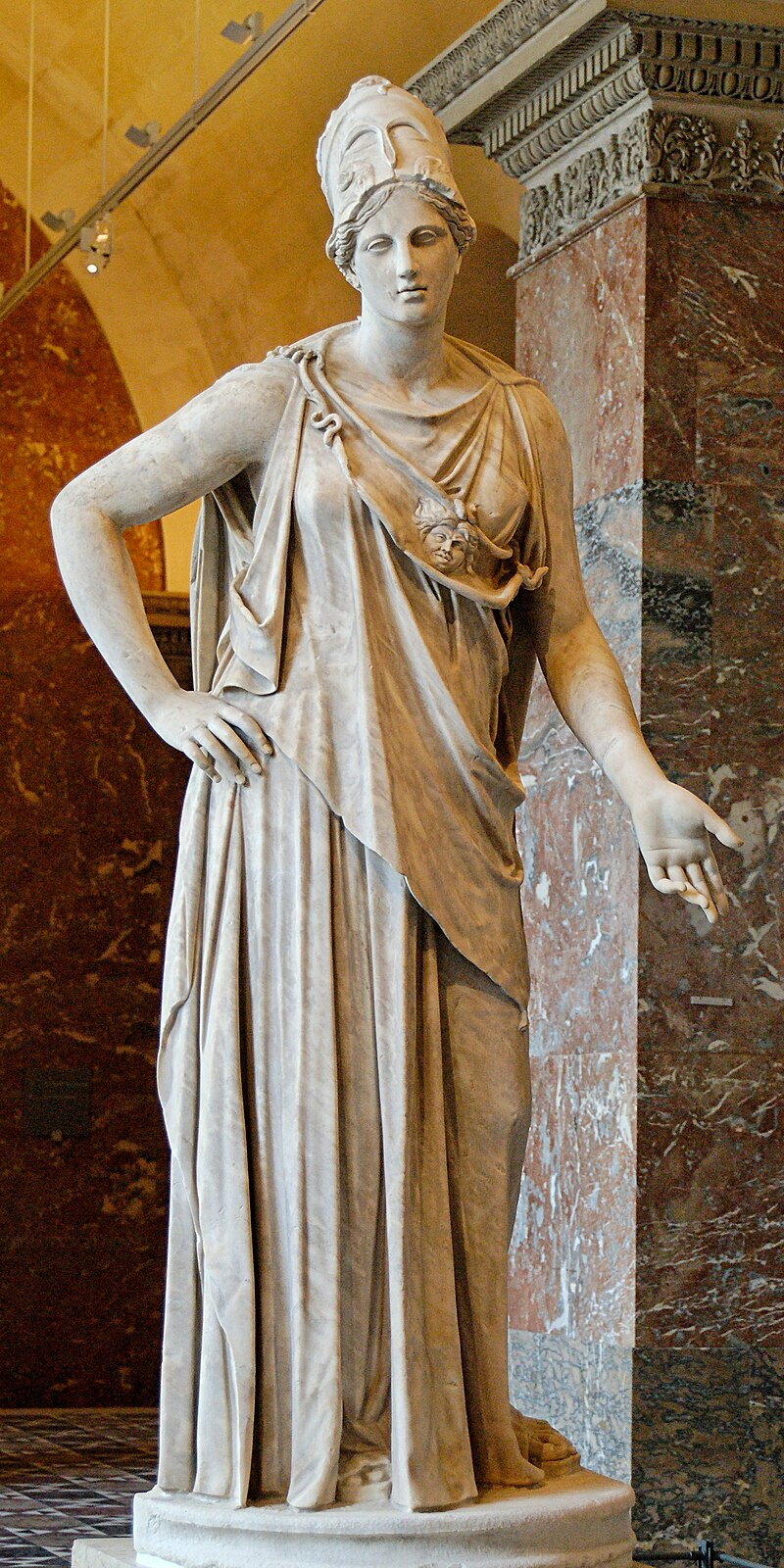

.jpg)
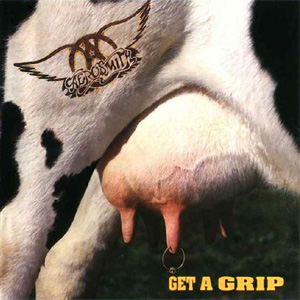

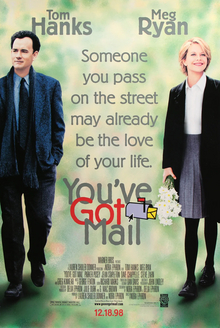

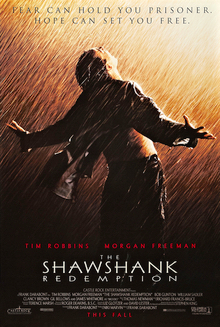
.svg/500px-Standard_of_Cyrus_the_Great_(Achaemenid_Empire).svg.png)





